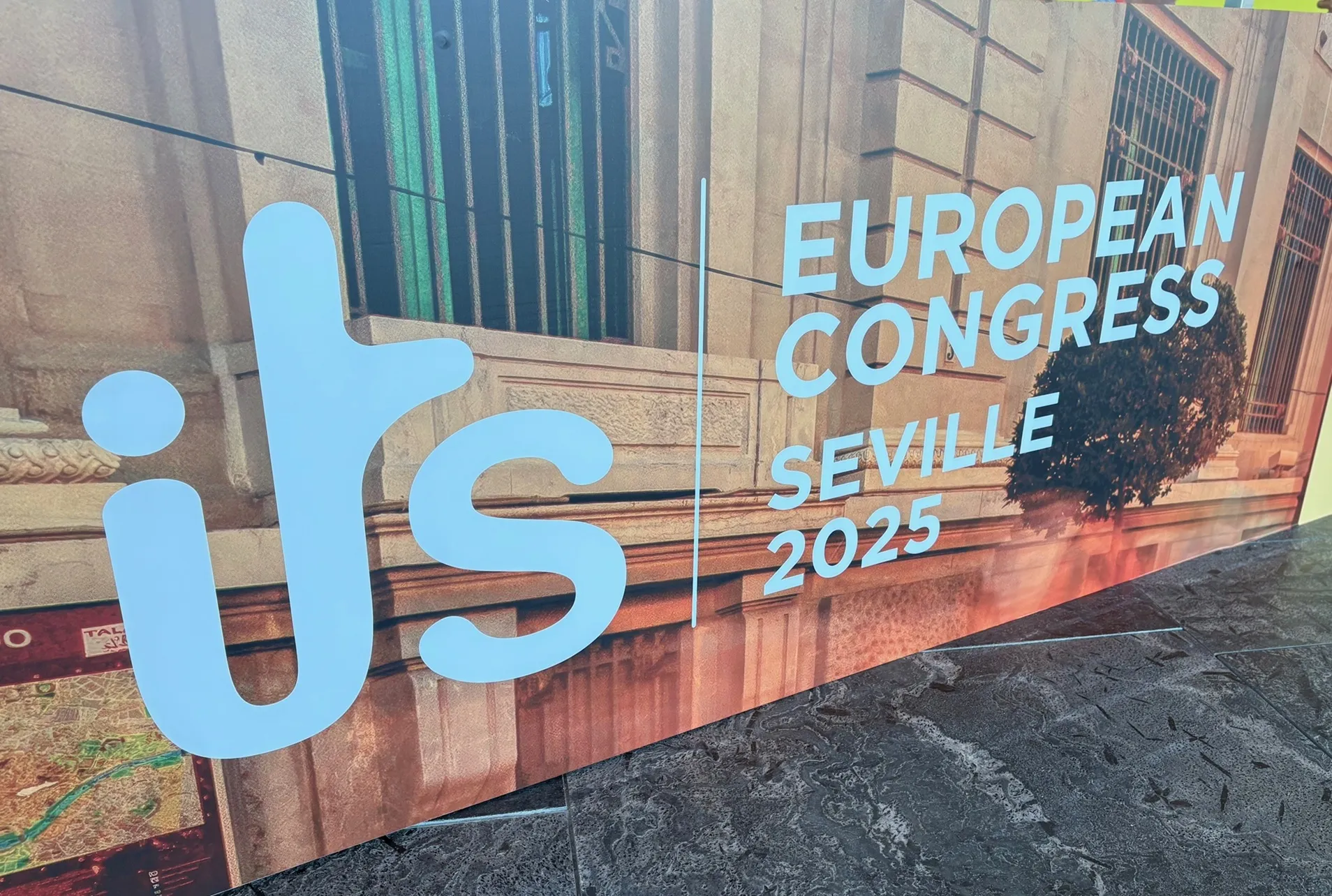
Mobility's ability to serve all users is still an issue for transportation providers and policymakers.
"Inclusiveness remains the elephant in the room - easier to say than to implement," said Angelos Amditis, chairman of Ertico - ITS Europe.
He was speaking at a press conference just before the opening ceremony of the 16th ITS European Congress in Seville, Spain.
Ertico is the organiser of what Amditis called "the flagship event for ITS in Europe this year".
"Accessibility is more and more at the centre of what we're discussing," he went on. "Technology can be used as an equaliser, providing equal access to everything we do."
A negative view would be that technology makes things more complicated: "But using technology such as AI you can also make [mobility] more accessible, more easy."
There are problems, he admitted.
"But measuring accessibility, measuring equal access is easier to do than to say. Finding KPIs is a challenge for all of us - and it's still to be done."
Joost Vantomme, CEO of Ertico, emphasised what he called the 'societal aspects' of transport and mobility: "The 'you and me'; this is festival of technology, but who is using it? Who is asking questions like can we afford it?"
'Explainability' is vital here, he says. People need to understand what good the technology does them: "Seeing is believing." The benefits have to be explained. "City authorities have a job to do here," he adds.
He cites the example of integrating automated shuttles with mass transit - making sure to emphasise that AVs are safe. "If people believe it, they will use it."
Amditis said ITS has a key place in a shared mission to address mobility challenges. "It is all about collaboration, all about bringing stakeholders together."








